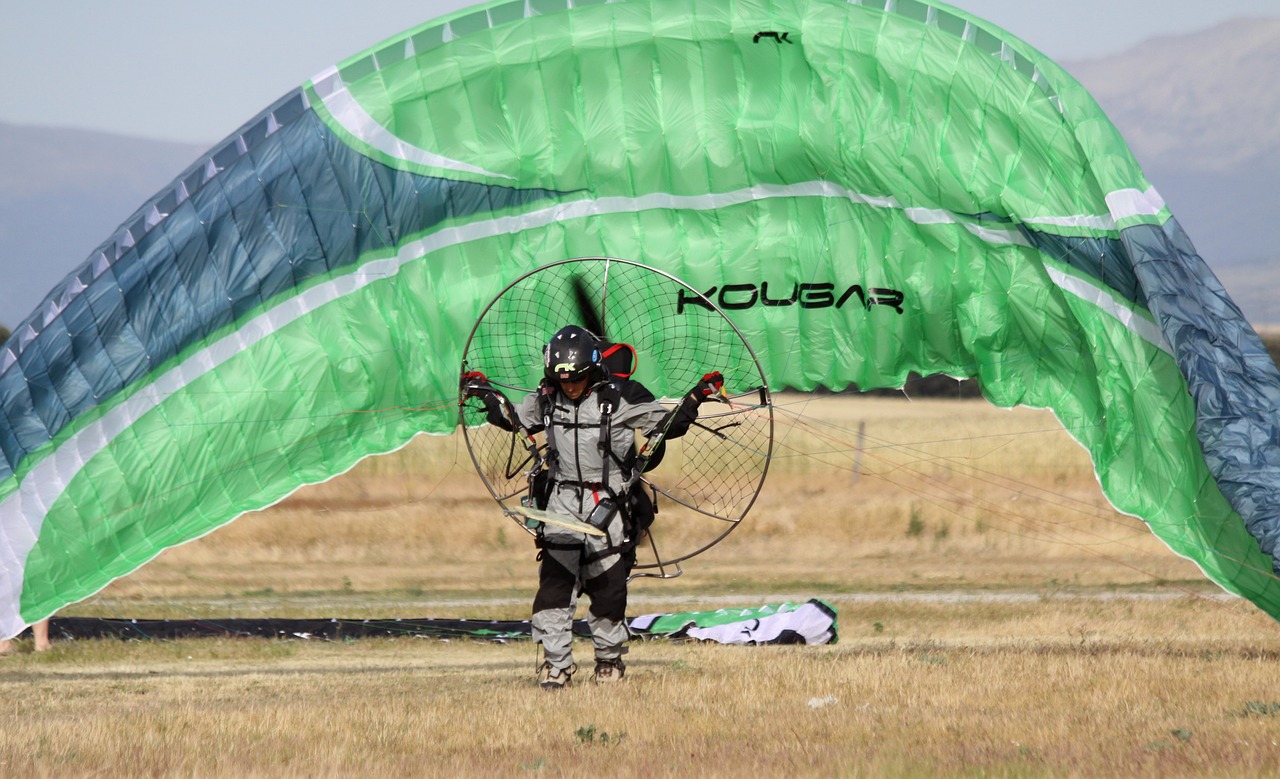Exploring the Benefits of Experiential Learning in Higher Education
Experiential learning has become an integral part of higher education, offering students a hands-on approach to learning that goes beyond traditional classroom lectures. By engaging students in real-world experiences, experiential learning provides a unique opportunity for students to apply theoretical knowledge in practical scenarios, fostering critical thinking, problem-solving skills, and personal development. In this article, we will explore the benefits of experiential learning in higher education and how it can enhance the overall academic experience for students.
Benefits of Experiential Learning
Experiential learning offers a wide range of benefits for students, faculty, and institutions alike. Let’s delve into some of the key advantages of incorporating experiential learning into higher education:
1. Enhances Retention of Knowledge
One of the primary benefits of experiential learning is its ability to enhance the retention of knowledge. When students engage in hands-on activities and real-world experiences, they are more likely to remember and apply what they have learned in the classroom. This active learning approach helps students retain information better than passive learning methods, such as traditional lectures.
2. Develops Critical Thinking Skills
Experiential learning encourages students to think critically, analyze information, and solve problems in real-world settings. By applying theoretical knowledge to practical situations, students develop the skills needed to think creatively, make informed decisions, and navigate complex challenges.
3. Fosters Personal Development
Experiential learning plays a crucial role in fostering personal development by encouraging students to step out of their comfort zones, take risks, and learn from their experiences. Through hands-on activities, students develop confidence, resilience, and adaptability, which are essential skills for success in both academic and professional settings.
4. Encourages Collaboration and Communication
Collaboration and communication are fundamental skills that students need to succeed in today’s interconnected world. Experiential learning provides opportunities for students to work together, communicate effectively, and build strong interpersonal relationships. By collaborating on projects and engaging in group activities, students learn how to work as part of a team, share ideas, and resolve conflicts.
5. Prepares Students for the Real World
Experiential learning prepares students for the real world by giving them hands-on experience in their chosen field of study. By engaging in internships, co-op programs, fieldwork, and other experiential opportunities, students gain practical skills, industry knowledge, and professional networks that can enhance their employability and career prospects.
Implementing Experiential Learning in Higher Education
There are various ways to incorporate experiential learning into higher education, including the following methods:
1. Internships and Co-op Programs
Internships and co-op programs provide students with valuable hands-on experience in a professional setting, allowing them to apply classroom knowledge in real-world scenarios. These programs also offer opportunities for students to network with industry professionals, gain industry insights, and explore potential career paths.
2. Service Learning
Service learning involves integrating community service projects into academic coursework, enabling students to make a positive impact on society while enhancing their learning experience. By engaging in service learning projects, students develop empathy, social responsibility, and a deeper understanding of community needs.
3. Fieldwork and Experiential Projects
Fieldwork and experiential projects involve conducting research, collecting data, and engaging in hands-on activities to deepen students’ understanding of a particular subject or topic. These immersive experiences allow students to apply theoretical concepts in practical settings, enhancing their learning outcomes and skills development.
FAQs
Q1: What is experiential learning?
Experiential learning is a hands-on approach to education that focuses on learning through experience, reflection, and application. It involves engaging students in real-world activities, projects, and scenarios to enhance their learning outcomes and skills development.
Q2: How does experiential learning benefit students?
Experiential learning benefits students by enhancing their retention of knowledge, developing critical thinking skills, fostering personal development, encouraging collaboration and communication, and preparing them for the real world. These benefits contribute to a well-rounded education that equips students with the skills and experiences needed for success.
Q3: What are some examples of experiential learning activities in higher education?
Examples of experiential learning activities in higher education include internships, co-op programs, service learning projects, fieldwork, experiential projects, simulations, case studies, and collaborative research projects. These activities provide students with hands-on experience, practical skills, and industry insights that enhance their learning experience.
Overall, experiential learning offers a range of benefits for students, faculty, and institutions by enhancing learning outcomes, developing critical skills, fostering personal growth, and preparing students for successful careers. By integrating experiential learning into higher education curricula, institutions can provide students with a well-rounded education that prepares them for the challenges and opportunities of the 21st century.






